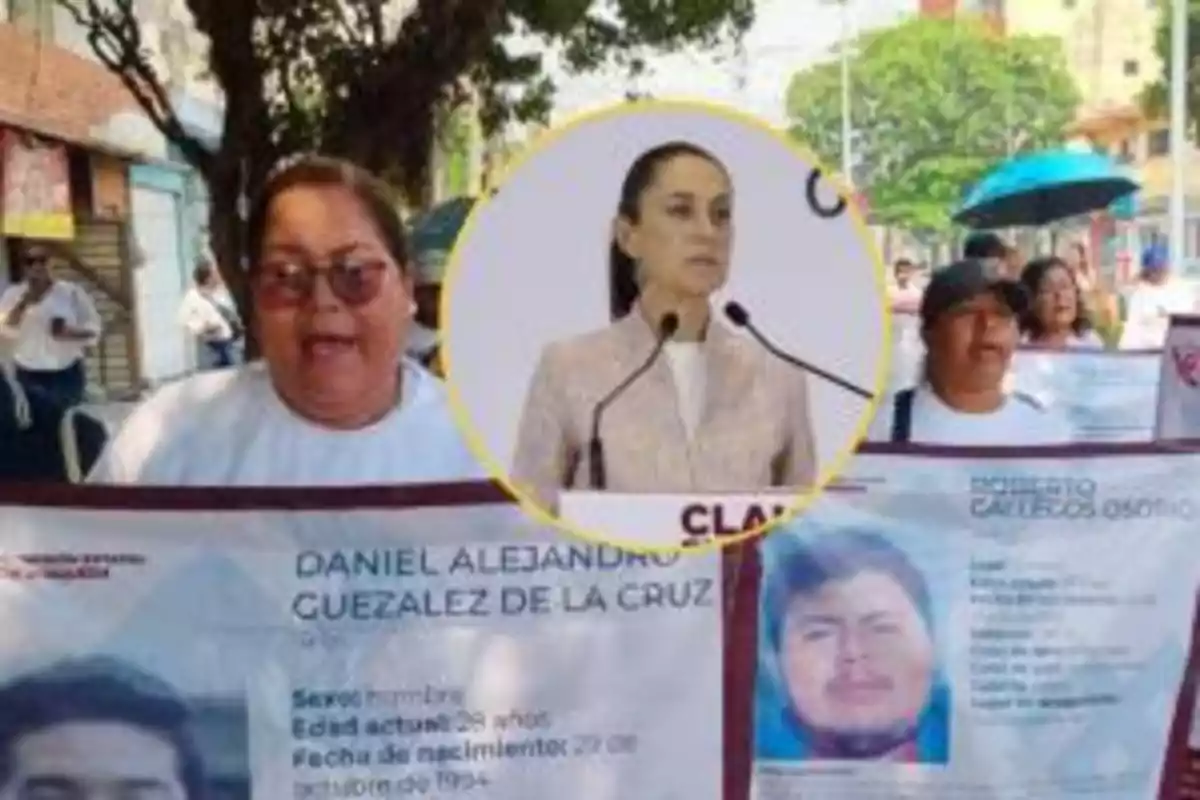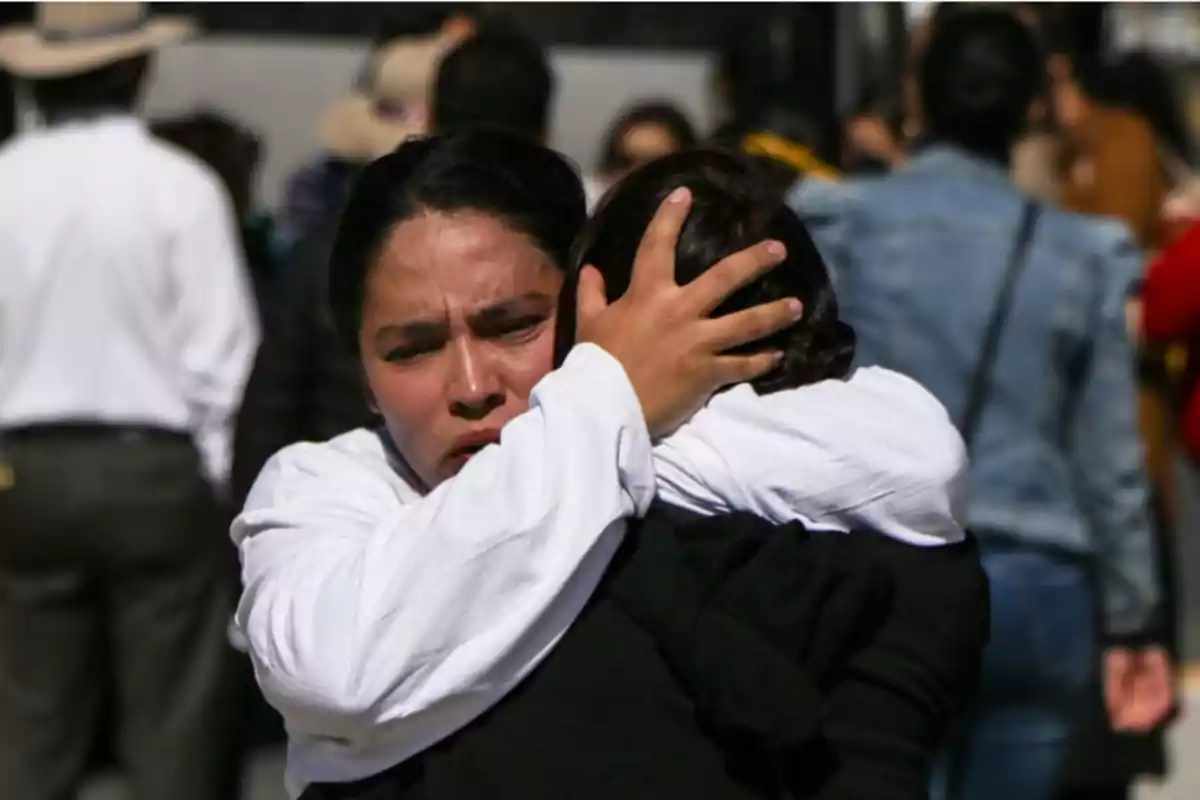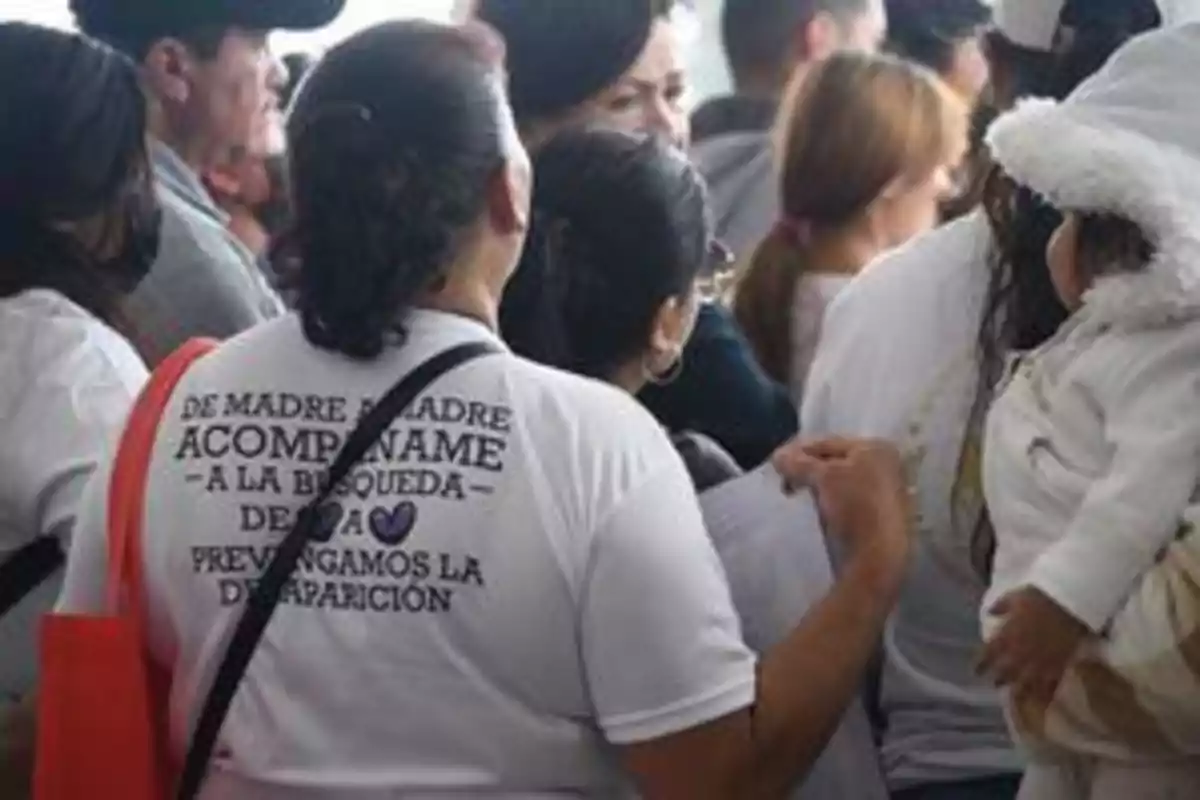
Searching mothers from Chiapas arrived at the Senate, but the officials ignored them.
Collectives demanded real help to find their children, but Morena preferred to applaud an initiative
A group of searching mothers from Chiapas went to the Senate to protest against the presidential initiative on missing persons. They travel without resources, supported by civil organizations. Their only demand: that they be heard. But the ruling party chose to ignore them.
The mothers managed to meet with Claudia Anaya from PRI and Ricardo Anaya from PAN, who listened to their complaints and offered them support. No senator from Morena approached to talk to them, even though the initiative under discussion was promoted by President Claudia Sheinbaum.

Once again, real pain was left out of the legislative debate.
The presidential proposal includes the creation of a Single Identity Platform and the implementation of a CURP with photograph and fingerprints.
On paper, it seems like progress. But in reality, it doesn't guarantee justice, support, or field searches.

More data, less justice
The mothers reminded that they are the ones who scour dumps, canals, graves, and hills with picks and shovels.
The State, meanwhile, offers them a database, a mobile app, and empty speeches about technology.
Institutional simulation continues
Ricardo Anaya offered to cover their lodging and transportation so they can return to the Senate when the initiative is discussed. It was a minimal but necessary gesture, in contrast to the institutional indifference they usually face. At least someone took the time to listen and respond with more than empty applause.
Unlike the opposition, federal officials limited themselves to applauding from their seats. They did so enthusiastically, even though the proposal doesn't even consider the victims. They celebrate their technocracy but ignore those who bear the absence. There was no real approach, not even a minimal show of empathy.
The transformation discourse boasts sensitivity, but it doesn't listen to those who live the tragedy. They talk about justice, but act with bureaucracy; they boast inclusion, but marginalize those who most need to be heard.
The searching mothers have been denouncing for years that they are treated as a nuisance, not as essential actors in the crisis. They not only search for their loved ones, but also fight for a place in the national conversation. Their experience, however, continues to be ignored.
Instead of opening doors for them, the State pushes them to the margins. They are the ones who risk their lives in every search, while the authorities take refuge in figures and speeches.
And even so, they return. They return with strength, with dignity, with the hope that one day they won't be heard out of pity, but for justice.
The State doesn't search for the missing
The truth is clear: the Mexican State has abandoned its obligation to search; the responsibility is delegated to the collectives, while the government limits itself to managing records and numbers. The CURP with fingerprint doesn't unearth bodies, and protocols don't replace commitment.
This new episode reveals the usual: when the real victims appear in Congress, power evades them. And while they legislate with technocratic formulas, the country remains an open grave.
The missing are not numbers; they are lives, they are family. And their mothers, once again, search alone, while the government only appears when there are cameras.
More posts: